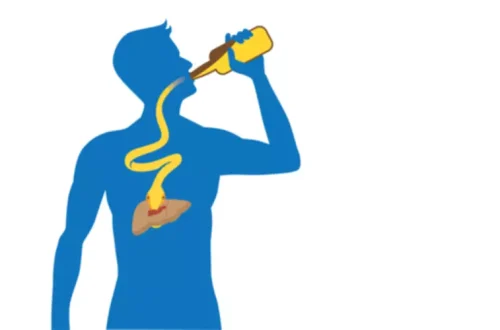Alcohol Abuse vs Alcohol Dependence

Many people with AUD continue to drink even as they develop health problems related to drinking. Over the long term, AUD may lead to serious health conditions, while worsening others. But alcohol misuse, also known as excessive drinking, distinguish between alcohol abuse and alcoholism has a more immediate impact, whereas the symptoms of AUD will be more prolonged. For example, any alcohol consumption by a pregnant person can be considered alcohol misuse, as well as drinking under the legal age of 21.
The Financial Burden of AUD
These contributors included both experts external to NIAAA as well as NIAAA staff. Please call 911 or our 24-hour Inquiries and support line for assistance. Get personalized, coordinated care across Northern California through the Sutter network. Thanks to generous benefactors, your gift today can have 5X the impact to advance AI innovation at Mayo Clinic.
Understanding Alcohol Abuse: Implications and Health Effects

Below, we’ll compare and contrast these two patterns of alcohol use in more detail, plus offer some guidance on identifying your options for getting treatment and support. To have a full picture for patient care, patients with AUD should be screened for other substance use. Stigma can be reduced with normalization statements such as “Many people try (cannabis or painkillers in ways that are not prescribed) at some point in their lives; is that something you have tried? ” See the Resources section, below, for SUD screening and assessment tools. You experience intense cravings to drink alcohol, and find yourself unable to stop drinking even when you want to.
The Main Difference Between Alcohol Use Disorder (AUD) and Alcoholism
Our levels of care include medical detox, inpatient rehabilitation and intensive outpatient programs (IOPs). No matter where you are in your recovery journey, our team will be there every step of the way. Alcohol-related problems are among the most pressing public health concerns globally.
- Drinking alcohol too much or too often, or being unable to control alcohol consumption, can be a sign of alcohol misuse and, in some cases, alcohol use disorder (AUD).
- Use of this website and any information contained herein is governed by the Healthgrades User Agreement.
- The Diagnostic and Statistical Manual of Mental Disorders (DSM) initially developed out of a need to collect statistical information about mental disorders in the United States.
- Among those with AUD, about 15-30% overall have co-occurring post-traumatic stress disorder, with increased rates of 50-60% among military personnel and veterans.28 The two conditions may worsen each other.
Sutter Health

The FDA has approved medications like naltrexone, acamprosate, and disulfiram to help manage AUD. However, comprehensive treatment often involves a combination of therapy, medication, and support networks to address the multifaceted nature of the https://ecosoberhouse.com/ disorder. Sometimes, their drinking falls into a pattern considered alcohol abuse. Those with alcoholism may prioritize drinking over other activities and obligations, and may continue to drink despite the knowledge of its harmful consequences.
- Alcohol use disorder (AUD) is now the clinically accepted term used by doctors and mental health professionals.
- “Alcoholism,” on the other hand, is a term used colloquially to describe alcohol dependence, or a physical reliance on alcohol that can cause withdrawal symptoms when you try to quit (1).
- We are dedicated to the wellness of individuals, their families, and our community through prevention, intervention, and treatment in a safe and culturally sensitive environment.
- Alcoholism, or Alcohol use disorder (AUD), is a more severe form of alcohol abuse characterized by both a mental and physical dependence on alcohol.
- Alcoholism, a chronic disease characterized by a loss of control over drinking and changes in brain regions, necessitates comprehensive treatment approaches.
- When you call our team, you will speak to a Recovery Advocate who will answer any questions and perform a pre-assessment to determine your eligibility for treatment.


